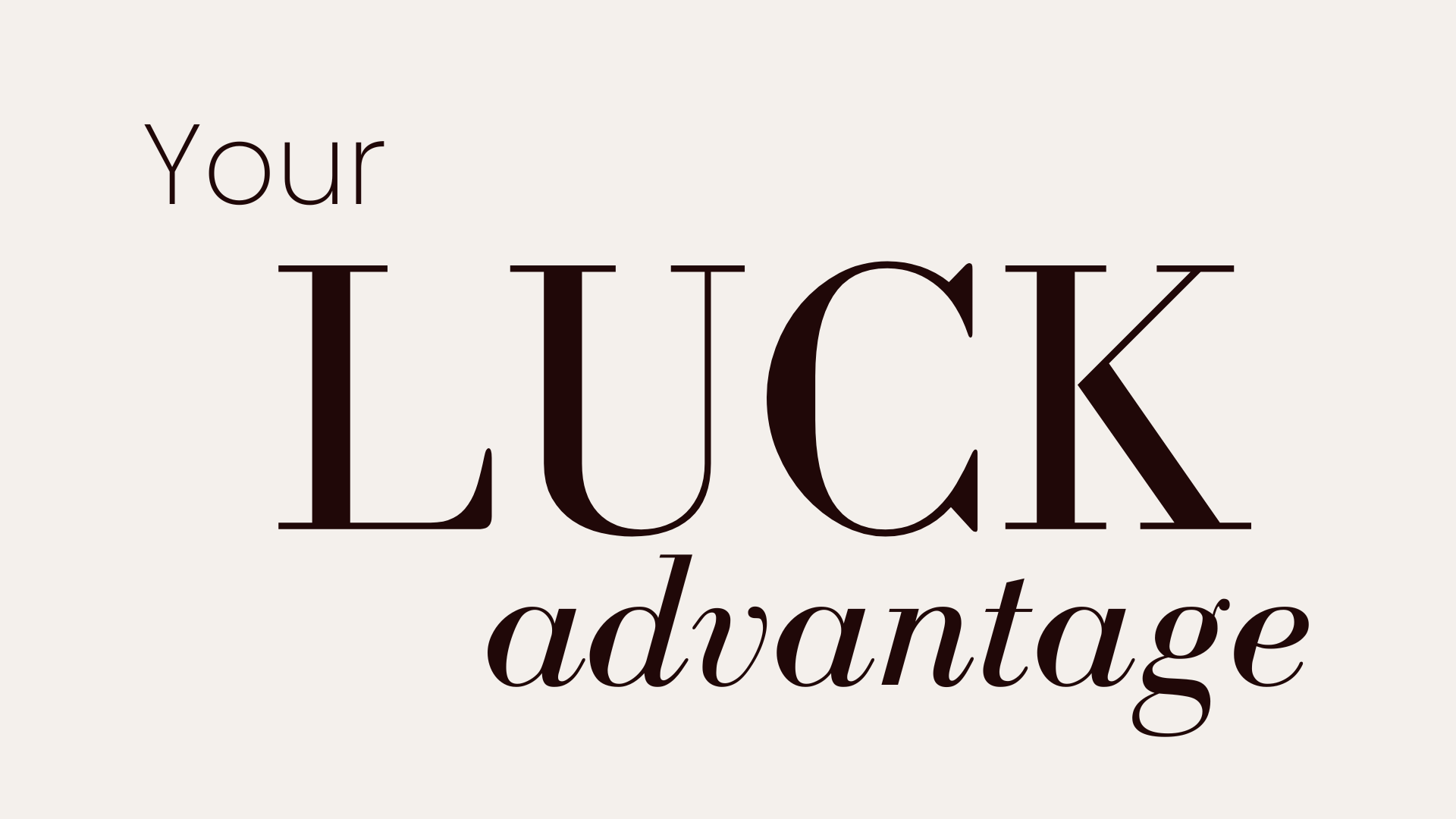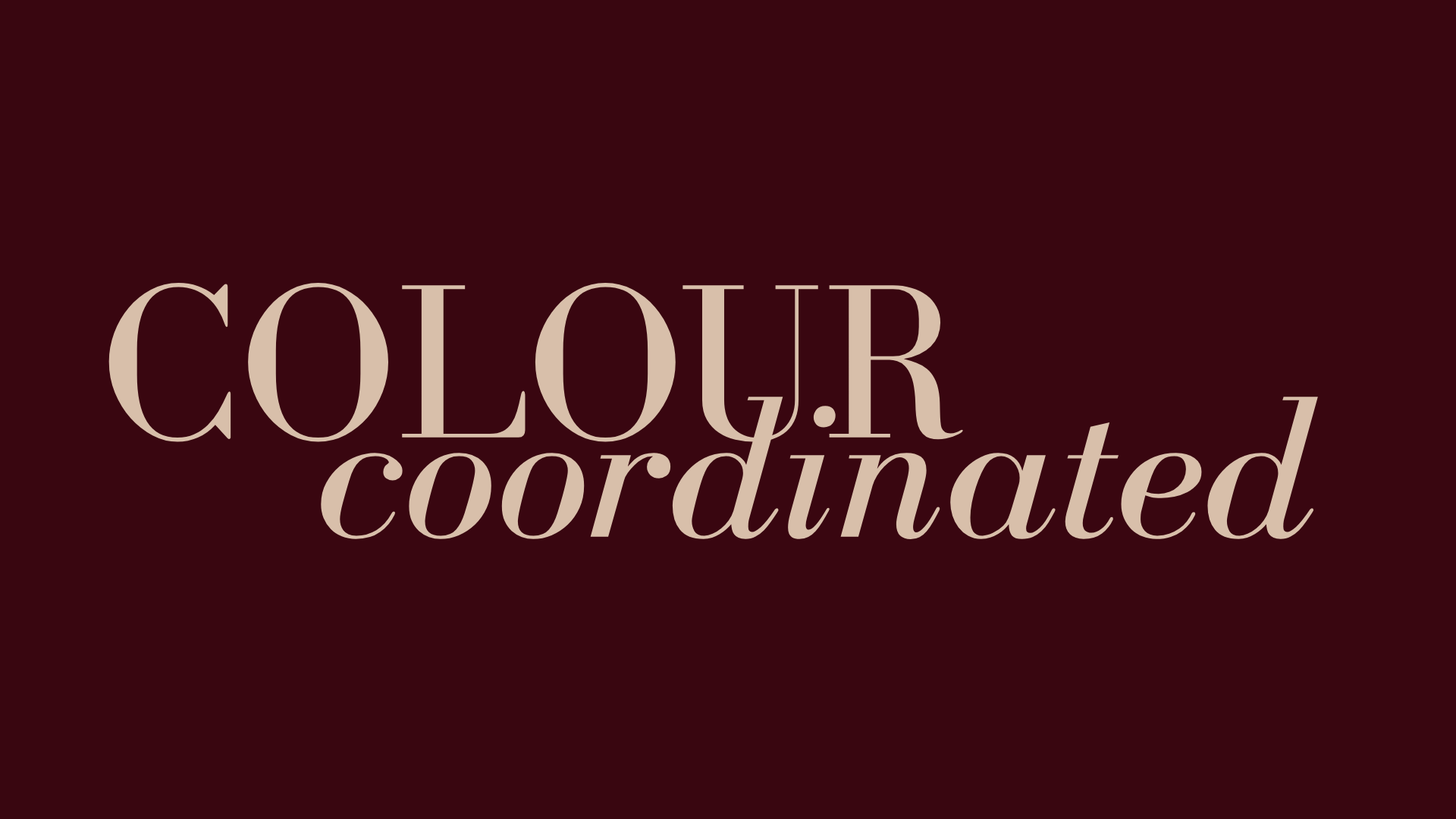The Hidden Advantages of Your Personal Brand: Find Your Professional Edge
These often-overlooked elements give your personal brand depth and distinction. They help you show up with more resonance, recognition and a professional edge.
The most magnetic personal brands aren’t just built on titles, logos or job descriptions; they’re built on the tiny details that create differentiation and distinction. While most professionals focus on perfecting their elevator pitch, the most compelling voices go deeper, layering story, strategy and style.
In this blog, I’m sharing five often-overlooked personal brand elements that add clarity, depth and memorability to your personal brand. Show up not just as a polished professional, but as a person with personality and credibility.
1. Quantify your career
Numbers add nuance. They turn vague claims into verifiable statements. They show scale, scope and the significance of your work. They elevate your impact from anecdotal to undeniable. Quantifying your career is the underused communication superpower of your personal brand.
From your resume to your LinkedIn profile or your personal brand website, here are some simple ways to quantify your skills and professional impact:
Years in the industry
Years in a specialist field
Revenue growth
Market growth
Number of clients worked with
Budget managed
Audience size
Community size
Project timelines
Volume of work completed over key periods
Before: You rely on titles and tasks to speak for themselves.
After: You turn your history into data-driven results that tell a more compelling story for your personal brand.
2. Your early career is your origin story
Your early career isn’t irrelevant - it’s foundational. Origin stories are often the most memorable part of any memoir. Like in any good story, your origin story adds context. It can communicate your values, grit and growth. Maybe it’s starting in a hands-on role before moving into management, which gave you insider insight into what’s needed to succeed on the ground with customers. Maybe it’s what you loved most as a child that proves why you were always meant to do what you now do best. Your past is not fleeting - it’s foreshadowing.
Before: You edit out early experiences that feel too small or unrelated.
After: Your personal brand weaves early roles into a cohesive narrative arc that strengthens the authority you have today.
3. Your personal style speaks to your people
Your personal style is not just what you choose to wear to work. It’s the sum of your values, vibe and voice. People connect with people - not just key messages, roles and resumes. Your personal style creates micro moments of magnetism that speak to your people.
Don’t underestimate the power of your personal style as the reason people feel more connected to you than to others. The packaging of a message matters. The same message, packaged differently, is received differently. Consider your favourite podcasters, YouTubers or social media stars. You likely feel a connection to their overall energy. Birds of a feather flock together. Your personal style both attracts and repels - and that’s a fabulous thing. It means it connects you to people who relate to your personality. Use your personal style to add to your aura.
Before: You present a polished but generic front for your personal brand.
After: Your personal brand celebrates your unique style personality.
4. The off-duty, on-brand appeal of your hobbies
Your hobbies aren’t silly - they’re revealing. With quiet credibility, they can signal depth, creativity and finesse for your personal brand. It shows you're a multi-dimensional person, not simply a professional. It shows you are motivated by more than just your 9-5. It makes you interesting - potentially even endearing. Hobbies can create common ground. We connect with people who share our interests. It adds relatable or intriguing nuance to your personal brand narrative.
Before: A one-dimensional professional identity lacking warmth, texture or shared connection points in your personal branding.
After: A refined personal brand with off-duty depth, revealing values, personality and connection beyond credentials.
5. Leveraging your location
The book, The Unfair Advantage, by Ash Ali and Hasan Kubba, present their MILES framework. It proposes that your unfair advantage can be made up by any of the following dimensions:
Money
Intelligence and insight
Location and luck
Education and expertise
Status
I love the often under-appreciated look the authors take at ‘location’. Whether you live in an industry epicentre or a small city, both present advantages. In the first, there is natural synergy you can tap into for everything from thought-leadership to interests, algorithms to SEO. In the latter, you can set the tone and distinguish yourself in a less competitive marketplace.
Before: You overlook how your location supports or shapes your personal brand. You see it as a limitation or take it for granted altogether.
After: You recognise your location - whether central or remote - makes your personal brand special and is an often untapped opportunity.
Subtle signals that make your personal brand unforgettable
What makes a personal brand unforgettable isn’t perfection - it’s presence. It’s the numbers that prove your value. The early chapters that add to your story arc. The off-duty hobbies that add humanity. The style cues that stir resonance. It’s loving where you are. These overlooked elements aren’t extras. They’re signals. They remind the marketplace of who you are, where you’ve been and where you’re going.




